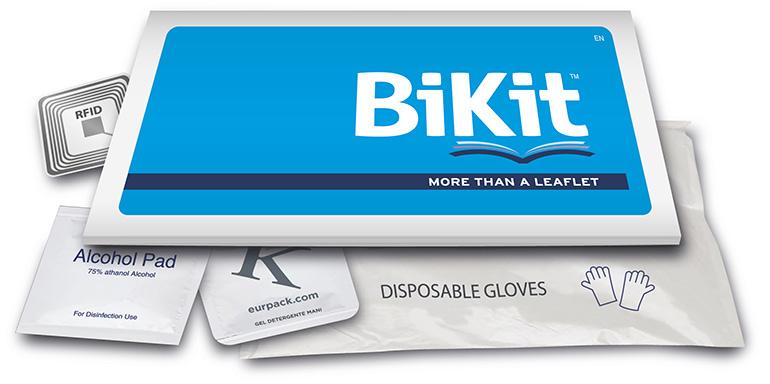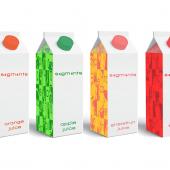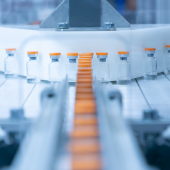A word from... Giulio Corteggiani, Strategic Project Manager Eurpack
Technological (and sustainable) innovations for the pharmaceutical market.
Eurpack was founded back in 1912 as a printing company. In 1940 it focused on paper products for the pharmaceutical sector, a field in which it has gradually established itself by virtue of its strong orientation toward innovation and industrial development. Today the fourth generation of the Diaz family is engaged in direct management, on a steady path of consolidation. Giulio Corteggiani offers an insight into the market in the coming months.

«At Ipack-Ima we focused on green packaging and social inclusion issues that, in recent years, have been the driving force behind important initiatives and new projects. Among the most recent technological innovations presented at the fair, of great importance is Bikit®, a project developed with a twofold objective: to improve the usability of the package insert by the patient and the doctor and to propose an advantageous solution to our customers, since it brings substantial simplifications in management, procurement and logistical processes. In fact, Bikit® is able to enclose, in a single product, different types of leaflets (Instruction for Use, Medication Guide and Patient Information Leaflet), and last but not least, it offers the possibility of inserting useful accessories for therapy».
From products to market
«At the present time, the entire papermaking supply chain and the world market are characterized by the difficulty of sourcing raw materials and high energy costs. We believe that the scarcity of materials will not be resolved in the immediate future and will be reflected and influence the demands and needs of the market itself. For years, we at Eurpack have been moving in the direction of production that protects natural resources: this trend is now more than ever a necessity and is no longer limited only to the adaptation of production processes from a green perspective, but is also reflected in the search for solutions that optimize as much as possible the amount of raw materials used.
We therefore expect that, in the future, there will be a preference for packaging that is simpler to produce, facilitates the packaging processes of manufacturers, and is easy for end users to use and dispose of. The simplification of production processes, in fact, also directly translates into a reduction of waste derived from the processes themselves».



















